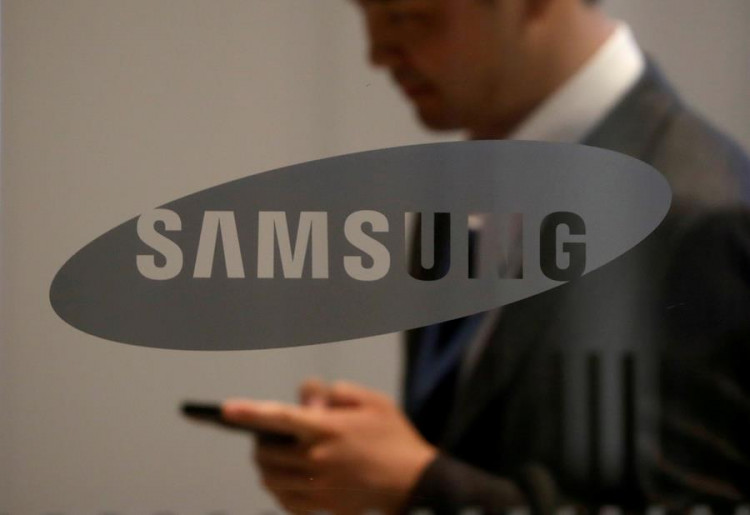On August 15, U.S.-based AI chip firm Groq announced that Samsung Foundry's Taylor factory would produce its 4-nanometer AI accelerator chips. Groq's founder and CEO, Jonathan Ross, expressed that this collaboration with Samsung's 4nm process will mark a technological leap for Groq.
Remarkably, Groq has become the first publicly known client of Samsung Foundry's Taylor factory. Founded in 2016 by former Google employee Jonathan Ross, Groq focuses on developing AI chips for the cloud computing market. Key members of Groq were previously involved in the development of Google's Tensor Processing Unit (TPU). Post-establishment, the company launched the GroqChip, capable of interconnecting 16 chips and featuring 230 MB SRAM, boasting a performance of up to 750 TOPS. In April 2021, Groq secured $300 million in funding from institutions like D1 Capital and Tiger Global Fund.
Samsung's wafer fabrication plant located in Taylor, USA, is its second wafer facility in the country. Currently under construction, the factory is slated to produce chips with advanced processes below 5 nanometers. Kye-Hyun Kyung, the Chairman and CEO of Samsung Semiconductors, shared that by the end of 2024, the Taylor factory will initiate mass production of 4nm products. In its bi-annual report published on August 14, Samsung also indicated that its second-generation 4nm product is being produced at a steady rate and aims to achieve mass production of its third-generation products in Q4.
Earlier, at its "2023 Samsung Foundry Forum," Samsung revealed plans for wafer outsourcing production for mobile applications in Korea, primarily at its Pyeongtaek P3 factory. The new wafer plant in Taylor, USA, is projected to be completed by the end of this year and will begin operations in the second half of 2024. Moreover, Samsung plans to expand its Korean production base to Yongin post-2030 to support next-generation wafer outsourcing services. The electronics giant foresees a 7.3-fold increase in its semiconductor production capacity by 2027 compared to 2021.
In terms of advanced processes, Samsung Foundry began offering 4nm Multi Project Wafer (MPW) services this year. MPWs are generally utilized in chip production to prototype multiple chip products on a single wafer, reducing chip development costs and ensuring mass production. Samsung Foundry's 4nm MPW service suggests significant advancements in the yield rate for its 4nm process.
Beyond advanced processes, Samsung is also ramping up its efforts in advanced chip packaging technologies essential for AI chips. It previously announced the establishment of the "MDI (Multi Die Integration) Alliance" aimed at building an ecosystem based on 2.5D and 3D heterogeneous integrated microchip packaging technology. Alongside its partners, Samsung plans to offer a one-stop packaging testing service to meet the tailored requirements for high-performance computing (HPC) and automotive chips.
As AI chips required for current large-scale models demand advanced process manufacturing, they hold potential as growth drivers for wafer outsourcing manufacturers. Leading players such as TSMC, Samsung, and Intel all have high hopes in this realm. Currently, NVIDIA's AI H100 and H800 accelerator chips are outsourced to TSMC, but Samsung is also actively vying for AI chip-related orders. However, on a broader scale, the performance of wafer outsourcing is burdened by the overall macroeconomic climate, with the end-user market demand being curbed and clients continually adjusting inventories. While there's a recent uptick in demand related to Artificial Intelligence (AI), it's still insufficient to offset the industry's overall downtrend.
(Correction: Groq officially released the news on August 15.)




